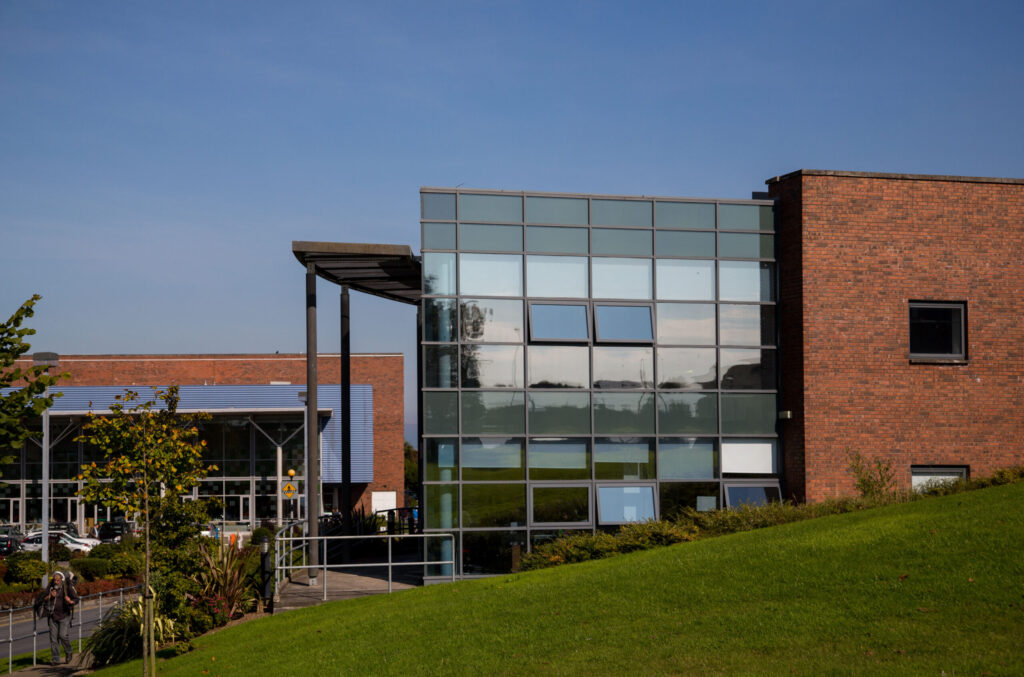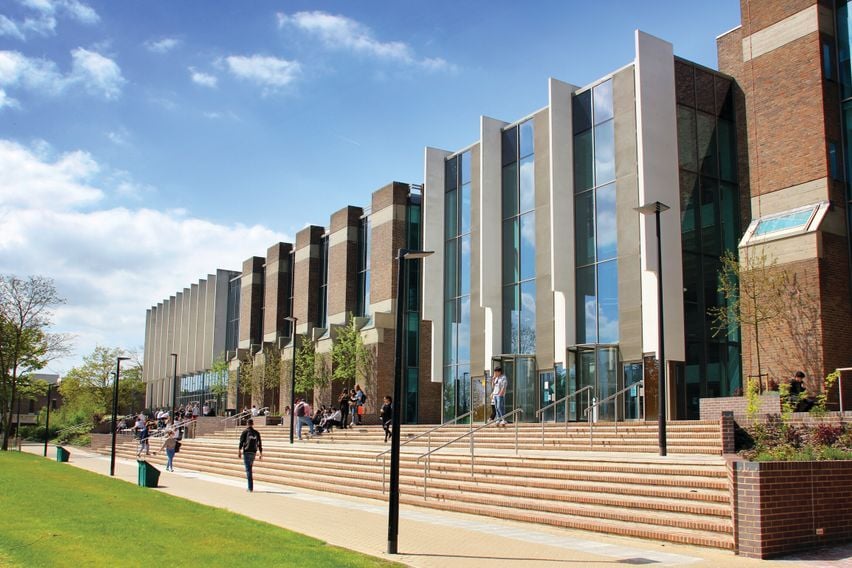All Forensic Sciences
The police can be only as effective as the evidence available to them allows. In a sense, both the safety of society and the fairness of criminal courts rely on the work forensic scientists do.A forensic scientist has to be a jack of all trades, as the evidence they receive and gather may require any of a number techniques from multiple sciences to analyze. The nature of the coursework for a forensic science degree reflects this: aside from modules on basic sciences and crime scene procedures, they may have to learn handwriting analysis, forensic botany, toxicology, and firearm characteristics. Even more abstruse subjects like blood spatter analysis, forensic computing, and car tyre track identification can come into play, either as part of a bachelor’s or advanced degree or as separate courses. Fortunately, as forensic scientists do not need to understand much law, qualifications from accredited European universities are generally equal to U.S. ones.The varied nature of the work makes forensic science an infinitely challenging and interesting career. The knowledge that you are providing a major service to the public can also be a source of great satisfaction. On the other hand, the job does usually involve fieldwork and irregular hours.Forensic scientists have to be highly objective and make a clear distinction between facts and their interpretations. They also have to be mentally resilient: crime scenes can be difficult to look at, and presenting and defending their findings in court can be emotionally demanding. Finally, they have to be extremely methodical in their work, which often requires every step to be documented.








